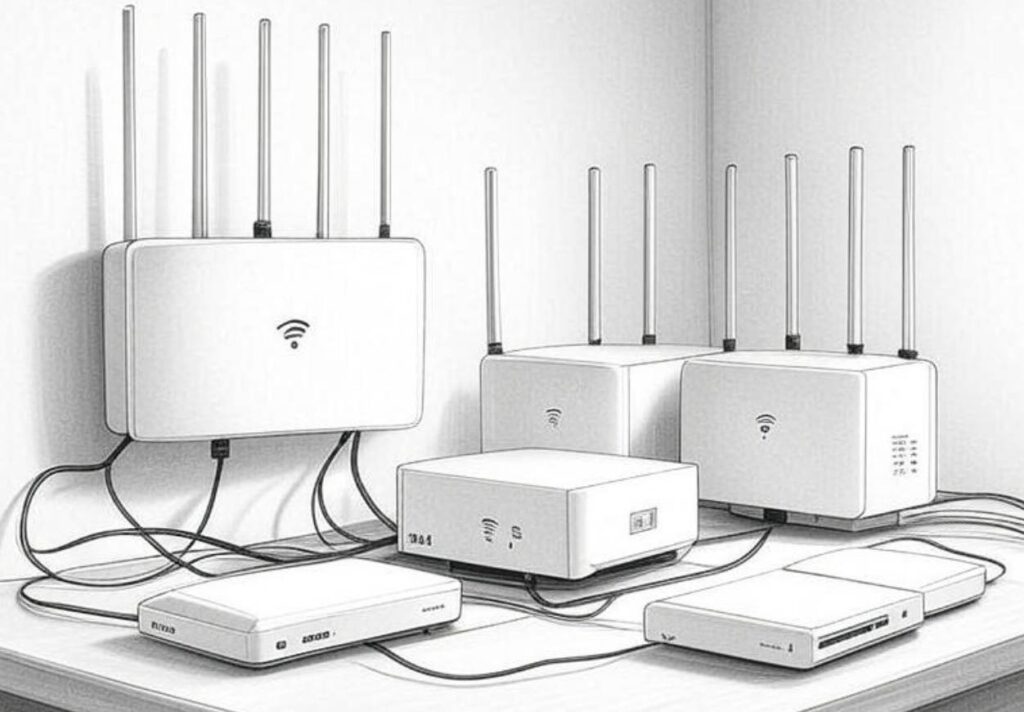Public and Private WiFi: The Ultimate Guide to Choosing the Right Wireless Connectivity Solution for Your Business and Customers

WiFi has become a crucial component in our daily lives, particularly for businesses, in the fast-moving world we live in today. Whether it’s a small café, a shopping mall, or a large corporation, having a reliable WiFi connection is crucial to provide customers with access to the internet and to allow employees to work efficiently.
There are two main types of WiFi connectivity solutions available to businesses: public and private. Public WiFi is open to everyone, while private WiFi is only accessible to authorized users. In this article, we will explore the pros and cons of each option and help you determine which one is the best fit for your business.
Public WiFi
Pros:
Increased Foot Traffic: By offering free public WiFi, businesses can attract more customers to their establishments. Customers are more likely to stay longer and spend more money if they have access to a reliable WiFi connection.
Marketing Opportunities: Public WiFi can be used as a marketing tool to promote a business’s products and services. By providing customers with a login page that displays ads or promotional offers, businesses can increase their brand awareness and generate more sales.
Customer Loyalty: Offering free public WiFi can help businesses build stronger relationships with their customers. Customers who have a positive experience using a business’s WiFi are more likely to return and recommend the business to others.
Cons:
Security Risks: Public WiFi can be a security risk, as it is open to everyone. Hackers can easily access the network and steal sensitive information from users who are connected to it.
Bandwidth Limitations: Public WiFi can be slow and unreliable, especially if too many people are connected to it at the same time. This can lead to frustrated customers and a decrease in customer satisfaction.
Private WiFi
Pros:
Enhanced Security: Private WiFi is more secure than public WiFi, as it requires users to enter a password or login credentials to access it. This helps protect sensitive information from unauthorized access.
Customization Options: Private WiFi can be customized to fit a business’s specific needs. Businesses can choose which devices are allowed to connect to the network, and they can set up different access levels for different users.
Greater Control: With private WiFi, businesses have greater control over the network. They can monitor usage, manage bandwidth, and prioritize specific devices or applications.
Cons:
Limited Accessibility: Private WiFi is only accessible to authorized users, which can be a disadvantage for businesses that want to attract more customers.
Cost: Private WiFi can be more expensive to set up and maintain than public WiFi, especially for businesses with large premises.
In summary, both public and private WiFi have their advantages and disadvantages. Public WiFi is great for attracting customers and promoting a business’s products and services, while private WiFi offers enhanced security and greater control over the network. Ultimately, the choice between public and private WiFi will depend on a business’s specific needs and priorities.